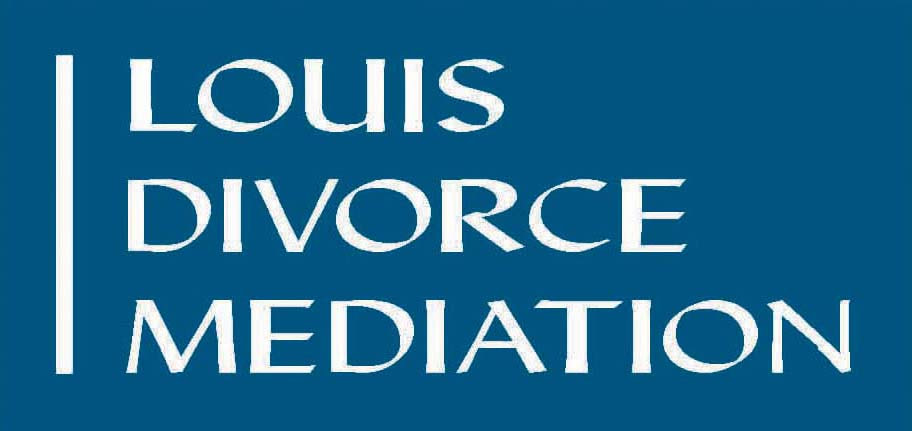Louis Divorce Mediation ~ Online and In-Person Mediation in Chicago
|
What can you do to further the process of reaching agreement before or during divorce mediation? My clients frequently ask me that question.
When you engage my services as a mediator, I have no expectation that you will have discussed any of the aspects of your divorce ahead of time... [But] if you and your spouse have worked out some agreements on your own, that is commendable, as this can often reduce the time we spend in mediation. When you engage my services as a mediator, I have no expectation that you will have discussed any of the aspects of your divorce ahead of time. Interestingly, you may think you need to have agreements BEFORE you begin mediation. But that is not the case. On the other hand, if you and your spouse have worked out some agreements on your own, that is commendable, as this can often reduce the time we spend in mediation. Since a goal of our process is informed decision making, I will review your areas of agreement, with the intent of exploring any logistical considerations and confirming that the plans are workable. While I would not seek to undo anything that you’ve agreed to, decisions that can be implemented successfully and hold up over time are the ones that will usually best meet your expectations. In reviewing what you have come to, together, I may highlight concerns that an attorney or a judge may raise when there are differences between the terms of your agreement and legal guidelines. This applies especially to the financial support of children. During the mediation process, the intervals between mediation sessions also create an opportunity for you and your spouse to have discussions. Having that time is a key advantage of the process. I’ve been told about attorneys in divorce litigation who create firewalls between their clients. Not so in my process—I encourage an open door for communication, with certain guidelines. For example, any constructive dialogue that leads to exploring settlement options and weighing the pros and cons can be helpful. At the same time, any hint of conflict should be seen as a warning to press “pause” and resume the conversation with me as mediator. Remember, I am a trained conflict resolution specialist. You will ultimately be the ones who can best determine your ability to work on your own to either start mediation with a foundation of early agreed upon decisions or further the progress made in mediation by working toward agreements on your own. As long as you see this as an opportunity and not as an obligation, expectations can be met, both in the mediation room and outside it.
0 Comments
Leave a Reply. |
Categories |
David Louis, MPA, CDFA® • Louis Mediation Services - Chicago
|
Chicago Office: 1700 W Irving Park Rd., Suite 105, Chicago, IL 60613
Northbrook Office: 555 Skokie Blvd., Suite 500, Northbrook, IL 60062 |
Copyright © 2024


 RSS Feed
RSS Feed